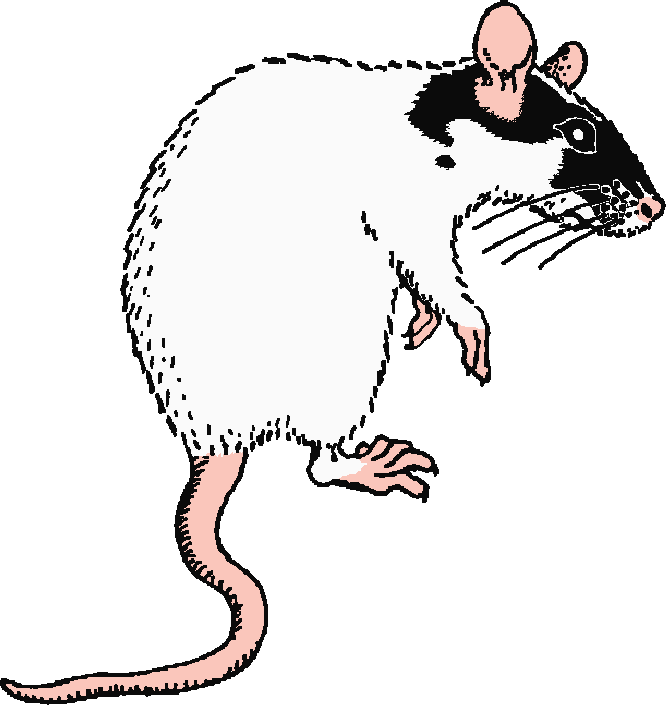Members



The Research group in Behavioral Neuroscience, Aging and Dementia (BNAD) is led by Professor Claudia Rodríguez-Aranda and is pursuing active research in topics within the field of neuroscience, aging, mild cognitive impairment and dementia. The main topics are research in cognitive aging, its association with various motor functions and early diagnosis of dementia.
Our group seeks to understand brain-cognition/ brain-behavior relationships in the aging process by applying a multidisciplinary approach based on detailed behavioral analyses of motor functions (speech, dexterity and gait) hearing, and cognition (neuropsychological assessments) in different populations of older adults. Likewise, we conduct projects where cognition and different biological aspects are addressed (e.g., respiratory function and language in the life-span). We use advanced imaging techniques (MRI, fMRI) and others (sound analyses/aerophones). Some of our members (e.g. K. Waterloo & B.E. Kirsebom) are part of the Dementia Disease Initiation (DDI) project, which is a national multicenter study for the early detection of dementia.
As an ancillary area within behavioral neuroscience, one of the initial members of the group (A. Ågmo) conducts research in sexual motivation in mammals (see information here).
Infrastructure. Our core area to conduct research is at the department of psychology where a number of laboratories are available for research with humans. In these areas the group is well-equipped for gait analyses, motion capture systems, audiometry, eye-tracking and speech analyses (see GERONTOLAB). In addition, neuroimaging is carried out at the University Hospital of North-Norway (UNN) where MRI facilities are available for research. Research for DDI project also takes place at UNN.











At the Dept. of psychology in Tromsø, our team works to understand the psychological and biological processes that influence cognitive and motor decline in late adulthood through a behavioral and clinical neuroscientific approach. Normal and pathological conditions are studied, which includes successful aging, typical aging, mild cognitive impairment and early Alzheimer’s disease. Although, we have a special focus on adult development and aging (individuals over 60 years of age), our pool of participants also includes younger populations from late adolescence and beyond. We employ a wide range of methods to analyze cognitive abilities, behavior, audition, motricity and respiratory function. The infrastructure of the gerontolaboratory comprises equipment and materials to conduct neuropsychological testing, 2D & 3D motion capture systems, advanced research audiometry, spatio-temporal gait analysis, eye-tracking, spectrogram and modern pneumotachographs for speech analysis. We furthermore collaborate with the University Hospital of North Norway to perform brain imaging (MRI).